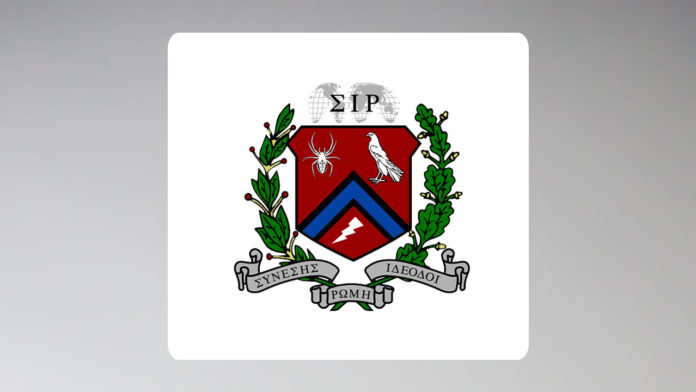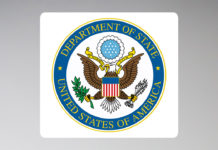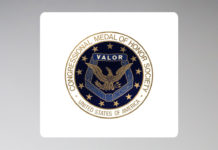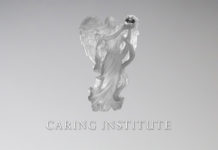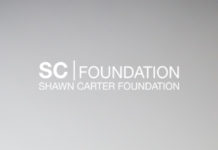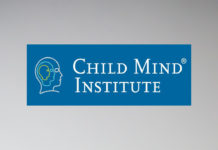Meeting the Challenge of Education Excellence in International Studies
Much has been written about the challenges facing higher education today in terms of its mission to society to develop an educated and engaged citizenry, to the problems of vocational training, the relevance of liberal arts and the humanities in a technologically-based society, as well as the impact the globalization of most of social and economic dynamics has on our jobs, welfare, and prospects for the future. It may be a truism that the demand for individuals who possess skill sets that can be transferred across occupations in the public and private sector is increasing, but it is an empirically valid as evidenced by contemporary corporate hiring practices. To be competitive in today’s world young people must integrate technical skills (writing ability; computer and database management; electronic presentations), analytical skills (the “compare and contrast” skills of English; mathematical or statistical skills; theoretical and applied economics), and facility in a foreign language—all anchored by strong program of study that has both breadth and depth. When we succeed in this—either from a programmatic perspective or when an individual student leaves college in possession of these intellectual and cognitive abilities, we can take pride in our work and accomplishments. But man, being a social being functioning in organizations that demand a means of segregating talent and identifying its best and highest achievers, seeks a means to validate these characteristics.
Colleges and universities do this through the credentialization process and the awarding of degrees. In addition, academic honor societies came into being to build a visible community of scholars and students with a shared interest in promoting their field of study and to the recognition of the very best among those in that community that exhibit excellence in academic achievement, service to the community, and promotion and advancement of the field of study in question. Sigma Iota Rho serves this purpose for the community of students and scholars in what is variously described as international studies, international affairs, global studies, or international relations.
American higher education has faced a particular problem in the organization and administration of interdisciplinary fields and degree programs in general, but in international studies the problems have been exacerbated or magnified by the bureaucratic organization of the university and the historical embeddedness of the traditional disciplines within those structures. There are good reasons for this. The development of our field is rooted in the major international events of the 20th century. International relations primarily developed as a distinct subject in Great Britain and the U.S.—largely for reasons of the position these nations assumed in the major historical events of the twentieth century that have shaped human destiny: both World Wars, the Cold War, the expansion of transnational interactions in trade, finance, education, tourism and the consequent burgeoning interdependence of nations and peoples now referred to by the shorthand of “globalization.” More importantly, the environment of higher education in these countries facilitated the adaptation of new approaches and techniques as democratic traditions permitted the principle of academic freedom to be enunciated and elaborated in them long before it migrated to the Continent and subsequently, around the world.
Membership in Sigma Iota Rho is intended not only to enhance the credentials of its members, though public recognition of the best and the brightest students in international studies is one of our main purposes, but is meant to encourage a life-long devotion to a better understanding of the world we live in and to continuing support for and engagement in education, service, and occupational activities that reflect the mission of Sigma Iota Rho. In that way we do not limit ourselves to once-a-year pats on the back during the induction of new members, but internalize the belief that our purpose for studying international affairs is not only to position ourselves to succeed in a globalized society, but to make the world we live in a better place through our contributions in our work and day-to-day life.
This work begins in our local chapters on the campuses where Sigma Iota Rho has a presence. In this regard we hope you will “think globally, act locally” now and in the year’s ahead.


